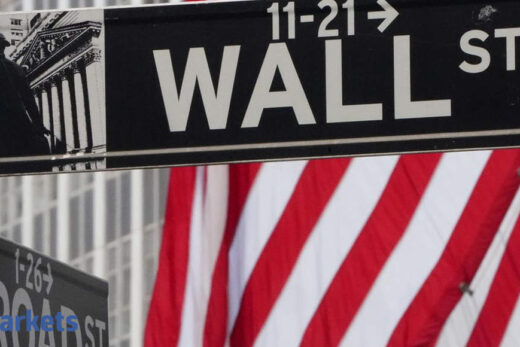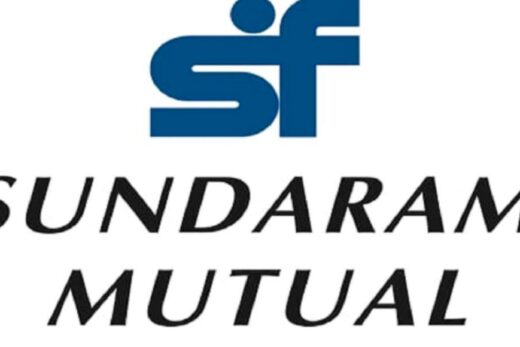In recent years, borrowers have been able to get a reduction in their interest costs in return for meeting targets linked to environmental, social and governance (ESG) goals. That trend has been turbocharged this year by private equity firms seeking a piece of the action.
ESG-linked loan issuance hit $87 billion during the first quarter, triple the amount over the same period last year, according to data provider Refinitiv.
As billions pour into the market, some lenders are wary about relying on the word of borrowers that they are meeting targets on everything from reducing food waste to promoting more women.
“The burden of proof is going to rise. Be prepared for it,” said Mark Wade, head of sustainability research and stewardship at Allianz Global Investors.
Three industry associations that represent underwriters, law firms and asset managers in Europe, the United States and Asia revised their sustainability-linked loan principles last month.
They now say borrowers must obtain independent, external verification of their performance against the targets, a change driven primarily by the investors who buy the loans and the lenders who arrange them, according to the London-based Loan Market Association.
The changed guidance was prompted by developments across the wider loans market but it has coincided with private equity’s move into sustainability-linked loans.
Under pressure from their investors to show that their leveraged buyouts are not just about juicing returns, private equity firms, which often use leveraged loans rated below investment grade to finance the buyouts, have been responsible for 95% of the ESG-linked issuance in Europe’s junk-rated loan market so far this year, according to financial intelligence provider Reorg Research.
Disclosure has always been a challenge for loan investors and, in particular, creditors of private equity portfolio companies. Many are private companies, and, unlike bonds or stocks, loans are not public securities, so they are not bound by the same disclosure requirements.
“The biggest criticism we hear is the problem of having data to assess the situation,” said Armin Peter, head of sustainable banking and global head of debt capital markets syndicate at UBS.
LEVERAGED LOAN BOOM
It is unclear how widely, and how quickly, the voluntary guidelines will be adopted.
Some market observers expect it to be an evolution, with independent verification of ESG targets eventually becoming the norm as it has in the public bond markets.
But in the short-term, the high demand for leveraged loans outstripping supply, on top of booming demand for ESG products, mean that borrowers often have the upper hand, enabling them to avoid third-party oversight.
Issuance of ESG-linked leveraged loans this year was up 14-fold to 19 billion euros by May compared to 2020, according to Reorg.
“The sheer amount of liquidity on offer as compared to the number of high quality opportunities for deployment, does have an influence on terms being achieved,” said Murad Khaled, head of EMEA leveraged finance capital markets at Bank of America, which has arranged sustainability-linked loans for companies backed by the likes of Carlyle and CVC.
ESG-linked leveraged loans allow savings on the cost of borrowing between 0.05 and 0.15 percentage points if the targets are met, while costs rise similarly if the target is missed, according to Reorg.
Nearly two thirds of the deals do not require a third-party to verify that ESG targets have been reached, Reorg data showed.
To be sure, not all targets may need external verification if the data is readily available in a company’s regular disclosures, investors and bankers say.
But even within the private equity industry, demand is growing for oversight.
Four months since buyout firm Carlyle Group negotiated a CHF413.5 million ($452 million) financing package for its acquisition of Swiss watch industry supplier Acrotec, it is still negotiating how to show key lender Blackstone that it is meeting its sustainability targets, according to two sources familiar with the matter.
Carlyle was offered a loan by Blackstone Group Inc’s lending arm in which the interest rate drops if Acrotec hits sustainability targets such as limiting its energy usage and recycling more.
It also negotiated a revolving facility whose borrowing costs are reduced if the funds are used for a project that has a “measurable environmental benefit”.
Blackstone wants an independent party to verify that Carlyle is meeting its targets, according to a source familiar with its stance. Carlyle, on the other hand, wants the third party involved only in the setting of the targets, and expects Acrotec’s management to certify its compliance, another source familiar said.
Carlyle’s global head of impact Megan Starr said that its companies’ self-reporting on sustainability targets was no different to how they report other data related to their debt covenants to creditors.
“They have a fiduciary responsibility to ensure that the data is accurate,” she said.



